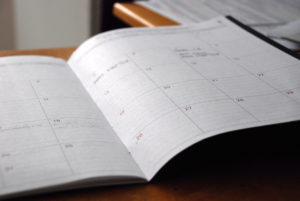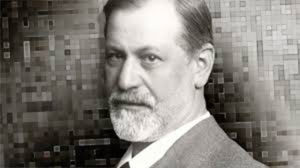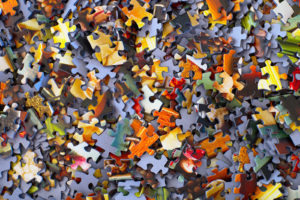Statut du corps dans la séance
Résumé
Toute la théorie analytique de FREUD est fondée sur l'histoire du développement corporel en relation avec la construction du Moi et de l'espace psychique. Le corps a de ce fait une importance particulière dans le déroulement de la séance : objet transitionnel premier, il est à la fois le plus intime et le plus caché et aussi le plus montré et le plus relationnel. Par son appartenance aux objets, au temps et à la mort, il révèle les exigences et contraint aux limites de la "réalité".
Samenvatting
Heel de psychoanalytische theorie van Freud is gebaseerd op de geschiedenis van de lichamelijke ontwikkeling in haar samenhang met de opbouw van het Ik en van de psychische ruimte.
Het lichaam krijgt derhalve een bizonder belang voor de manier waarop een zitting zich gaat afwikkelen : het is ons allereerste transitioneel object, zowel het meest intieme als het meest verborgene maar ook het meest getoonde en het meest relationele.
Het lichaam behoort bij de objecten, de tijd en de dood. Daardoor openbaart het de verplichtingen waaraan voldaan moet worden en noopt het ons ertoe de grenzen van de realiteit te erkennen.
Summary
The whole of Freud's analytic theory is based upon physical development in relation to the construction of the Ego and psychic space. The body has therefore particular importance in the way a session unfolds itself : it is primarily a transitional object, at one and the same time mostly hidden and intimate yet also entirely obvious and relational. By its pertaining to objects, to time and to death, it both reveals the demands and imposes the limits of "reality".





